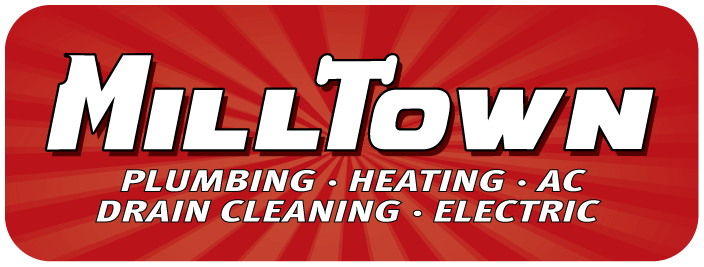Ten Things to Consider Before a New Furnace Installation
- Furnaces
- Heating

Time and use eventually wear down even the best of appliances, including your furnace. Most are built to last up to 20-30 years, but if yours is over 15, it may be time to consider replacements. Older furnaces aren’t just a costly nuisance, but a safety hazard, putting you at risk of a house fire or carbon monoxide poisoning. A new model can be expensive, so before you go shopping, it’s a good idea to review a few things with your contractor first.
What You Need to Know About a Furnace Replacement
If you’re in need of a new furnace, it’s important you carefully consider what you need when shopping for a new furnace and your HVAC contractor can help. If it’s time for a replacement, you may want to go over the following with your contractor:
- Repair or replace? A new furnace is expensive, but sometimes the issue may simply require a repair versus a replacement. Before replacement, consider first the cost. If the cost to repair your system exceeds the cost to replace it, then it’s time for a new installation. When in doubt, have an HVAC technician inspect your furnace first. He or she will be able to run down your options and what would be the most cost-effective.
- Air ducts. The issue may have nothing to do with your furnace whatsoever, but the air ducts. They are responsible for losing a lot of heat, and having an HVAC technician insulate and seal any air leaks can help drastically improve efficiency. Not only will this help put less strain on your current furnace, but future ones as well.
- Installation. Your heating system can only heat your home so much, which is why it helps when your home is properly insulated. Insulation helps to trap heat in, meaning your furnace doesn’t have to run as long to keep your home warm. Insulating your floors, walls, attic, and siding can not only help cut down on utility costs but may have you shopping for a smaller furnace.
- Size. Choosing the right size is key. Finding a furnace that won’t have you wasting money on an overworking furnace means taking more into consideration than the square feet of your home. A good contractor will look at the construction of your home, its insulation, window efficiency, and other factors to determine the right size of furnace you’ll need.
- Energy Efficiency. Installing a new furnace is expensive, and so are the heating bills, which is why it wouldn’t hurt to ask about which models are the most energy efficient. For example, if your current system has an 80% efficiency rating, you could wind up saving an extra 20% on bills with one that has a 97% efficiency rating.
- Fuel type. One important factor to consider, of course, is the fuel type, as each fuel has its own pros and cons. A gas furnace is usually the most common choice, and most cost-effective, but would require a gas line and space to vent. Oil or propane is a more powerful heating source, but it also requires more space, it’s dirtier to burn, and it’s more costly. The other choice is electric, which is the eco-friendly choice, but also more costly.
- Indoor air quality. Most furnaces, unless you go ductless, blow and filter air throughout your home. When shopping for a new one, make sure to ask about the current air filters. The quality of the air filters impacts how well your new system will operate as well as your home’s indoor air quality. Depending on the size of your home, if you have pets, and how often you use it, you’ll need to change the air filter at least every six months.
- Type of furnace. When shopping for a new furnace, you have a few different choices. A split system works better for homes that have the indoor and outdoor space for both units, otherwise, a packaged system might be the better choice. Ductless HVAC systems are another possible option, as it doesn’t require expanding or installing air ducts which can take up space and waste energy. A heat pump is another option, especially if you’re looking for something energy efficient.
- Quality. A new furnace is a big investment, which means you’ll want to ensure your its installed right the first time. An improper installation may not only damage the furnace, it could be dangerous. Make sure to research your contractors, and never go for the lowest price. Cheap installations are too good to be true.
- Cost. Another important factor to discuss is cost, as you’ll probably have a set budget to work with. The furnace itself will take up the majority of the cost, but you should consider other fees that may pop up.
Furnace Replacement
Buying a new furnace can be stressful, but it doesn’t have to be if you ask the right questions. If it’s time to replace yours, make sure to do some research first. Collect quotes, and look up reviews for each contractor. A new system is a major appliance, so don’t hesitate to ask your contractor a lot of questions. Don’t wait until yours breaks, call an HVAC technician today to get started.











